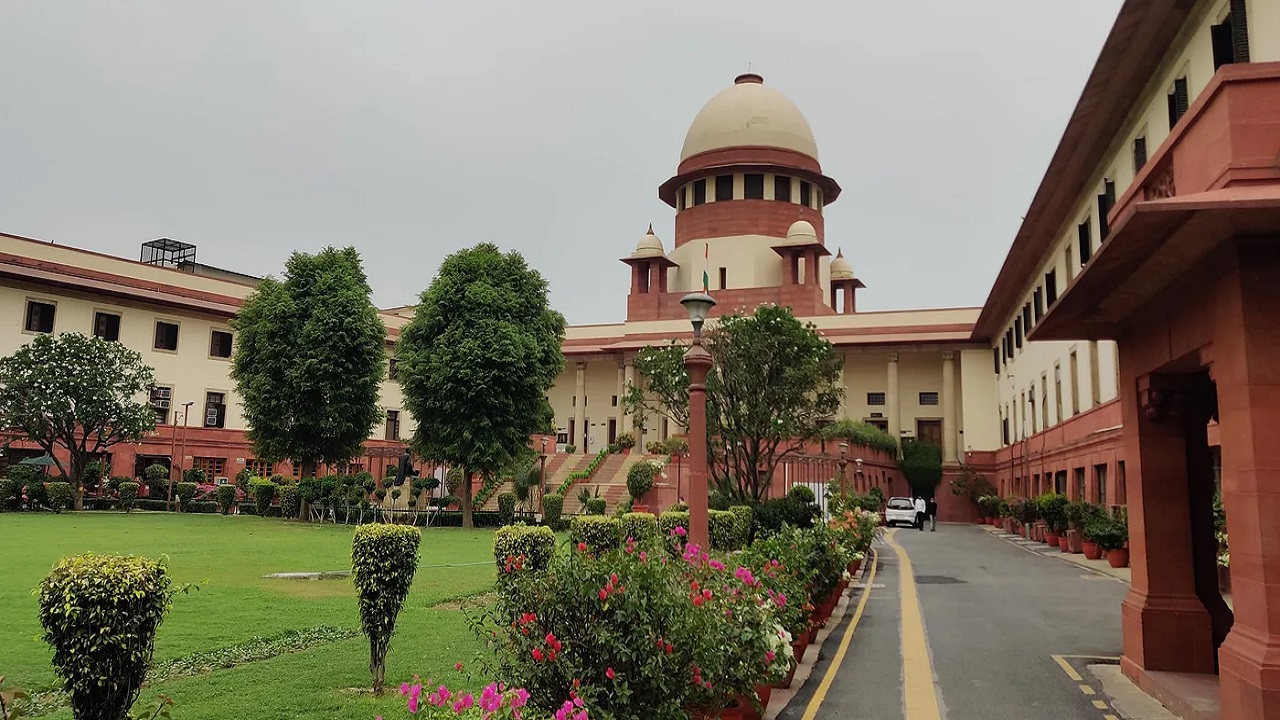Reforming Caste Certification: Rights of Single Mothers and Children
Context
The Supreme Court has recently raised concerns over the absence of clear and uniform guidelines for issuing OBC certificates to children of single mothers. The issue has brought to light the challenges related to caste identity, gender equality, and constitutional rights in the certification process.
What is an OBC Certificate
-
An OBC (Other Backward Class) certificate is issued to individuals belonging to communities identified by the Central Government as socially and educationally backward.
-
It is issued by state government authorities, including the District Magistrate, Sub-Divisional Magistrate, and Tehsildar.
-
OBCs are divided into two categories:
-
Creamy layer
-
Non-creamy layer
-
-
The classification is based on factors such as income level, wealth, and employment in government services.
-
Only individuals from the non-creamy layer are eligible for reservation benefits.
-
The certificate is used to claim benefits in education scholarships and reservation in government employment.
Constitutional Provisions:
-
Article 15 prohibits discrimination based on religion, race, caste, sex, or place of birth.
-
Article 16 guarantees equality of opportunity in public employment, including provisions for reservations to SC, ST, OBC, and EWS categories.
Existing Guidelines for Issuing OBC Certificates
-
Caste is generally inherited from the father in accordance with traditional norms.
-
To obtain an OBC certificate for a child, a copy of the father’s OBC certificate or that of a paternal relative is typically required.
-
A woman does not acquire her husband’s caste after marriage.
Judicial Precedents:
-
Rameshbhai Dabhai Naika v. State of Gujarat
-
In inter-caste marriages, a child is presumed to inherit the father’s caste.
-
However, a child raised by the mother belonging to SC/ST may claim her caste if there is sufficient evidence of upbringing and social environment.
-
-
Rumy Chowdhury v. Department of Revenue, Delhi (2019)
-
Children seeking to inherit the mother’s caste must provide clear evidence of social disadvantage or deprivation.
-
-
Smti. Moonsoon Barkakoti v. State of Assam (2024)
-
Reaffirmed that caste identity depends on actual lived experiences and community integration, rather than solely on paternal lineage.
-
Current Issue before the Supreme Court
-
A petition was filed by a single mother who holds an OBC certificate, seeking the same status for her child.
-
The plea also sought a revision of existing rules that give primacy to patrilineal lineage in caste certification.
-
The case raises issues under Article 14, which ensures equality before the law.
Response from the Central Government and Ministry
-
The Central Government clarified that a child born to divorced or separated OBC parents is entitled to an OBC certificate based on either parent's caste, depending on custody and upbringing.
-
The Ministry of Social Justice stated that the matter of OBCs falls under the jurisdiction of individual states, and they must create appropriate mechanisms.
-
It also noted that in order to issue an OBC certificate based solely on the mother's credentials, there must be clear evidence that the child is being raised exclusively by the mother.
Supreme Court’s Stand
-
The Supreme Court emphasized the need for a uniform national framework on this matter.
-
It stated that the issue cannot be left entirely to the discretion of individual states.
-
The Court has decided to formulate guidelines to ensure gender-neutral and legally sound implementation of OBC certification for children of single mothers.




Comments (0)